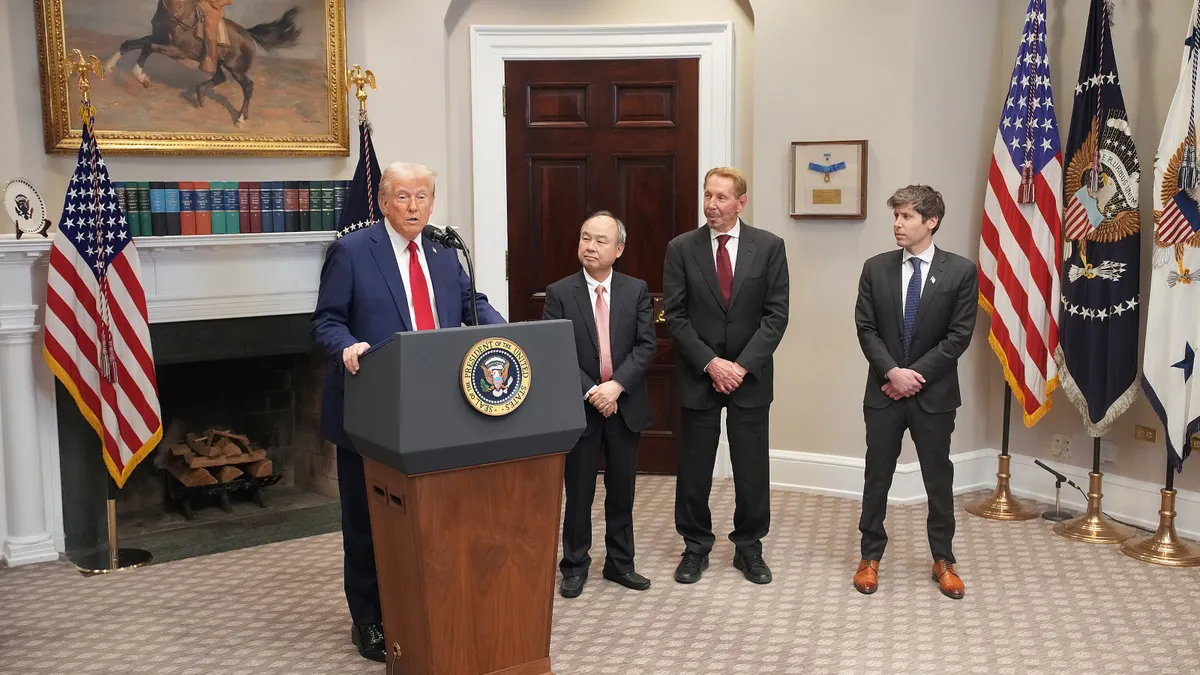Dive Brief:
-
The Occupational Safety and Health Administration announced Friday that it has proposed changes to the recently revised beryllium exposure standard for the construction and shipyard industries. The current standard went into effect May 20, with compliance requirements expected to roll out between March 2018 and March 2020.
-
The revised rule would preserve exposure limits to beryllium dust at 0.2 micrograms per cubic meter of air but could eliminate some employer requirements like medical surveillance, housekeeping and providing personal protective equipment.
-
OSHA said that some requirements of the rule may not increase safety in the construction and shipyard industries to the extent originally determined. Noting that, the agency said it would solicit comments as to whether existing, overlapping standards are sufficient.
Dive Insight:
Beryllium can become airborne and inhaled as dust when the metal is sandblasted or ground, and exposure to the industrial material has been linked to lung cancer and other diseases. OSHA said the new standard would prevent 46 new cases of beryllium-related disease and 90 deaths each year, according to The National Law Review.
In addition to exposure reduction, medical monitoring and the wearing of PPE, the new rule would also require employers to provide changing rooms and showers for certain at-risk employees.
OSHA delayed implementation of the rule back in March as a result of President Donald Trump's order that all agencies re-review regulations that were awaiting implementation, as well as eliminate two regulations for every new one issued.
Thus far, the new administration's philosophy of streamlining regulations and environmental review processes has had a significant impact on the construction industry. Since Trump has taken office, the House and Senate voted to repeal the "blacklisting rule," which would have required contractors to provide their history of labor compliance to the Department of Labor before being approved to enter into federal contracts. Trump signed legislation repealing the rule in March.
The DOL has also proposed revoking the "persuader rule," which would force companies to reveal their communications with third parties — even attorneys — when employees are attempting to organize into unionized labor.
In addition, OSHA has delayed the implementation of a new silica exposure standard and has stalled the requirement that companies submit their accident and illness logs online.
The AFL–CIO in April said that Trump's deregulation policies were putting workers in danger and were one of the biggest threats to workplace safety today.












